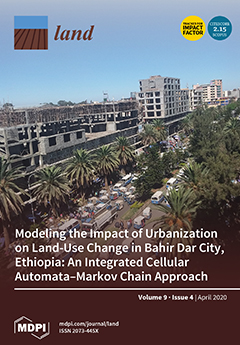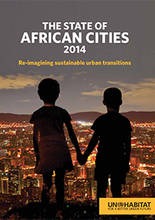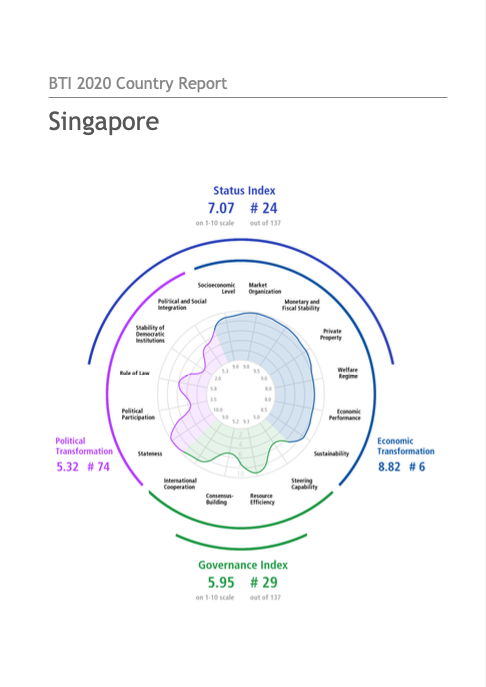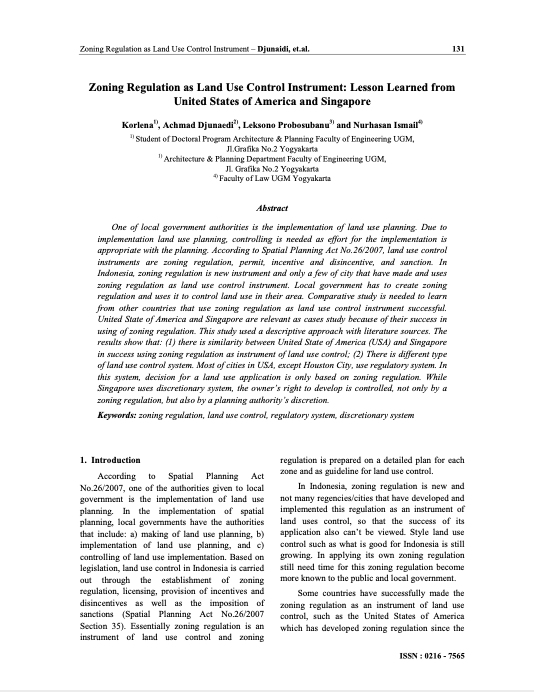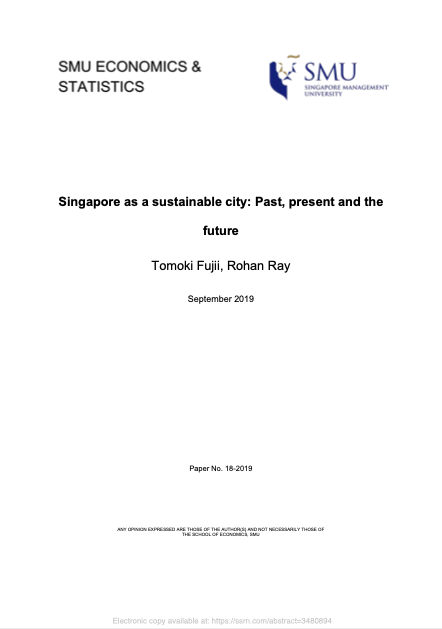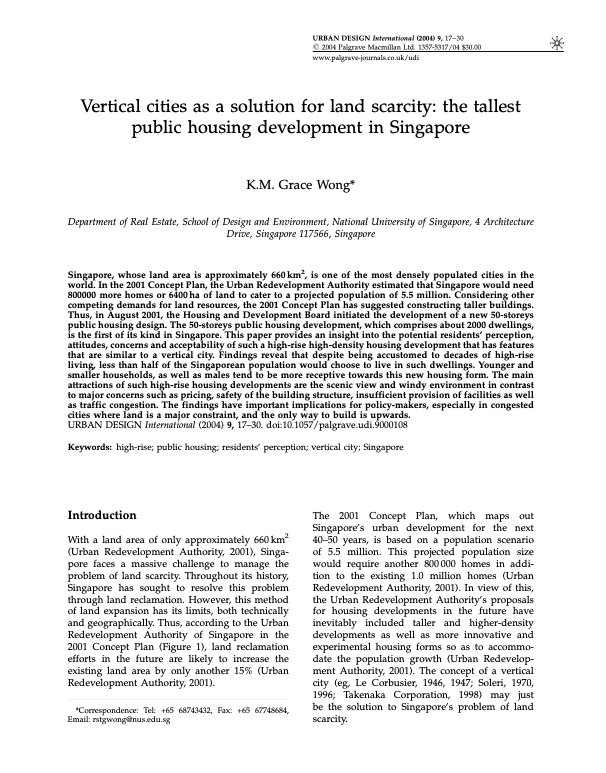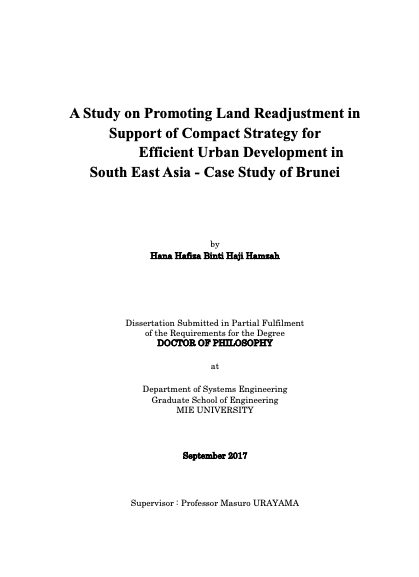A Bottom-Up and Top-Down Participatory Approach to Planning and Designing Local Urban Development: Evidence from an Urban University Center
The urban area is characterized by different urban ecosystems that interact with different institutional levels, including different stakeholders and decision-makers, such as public administrations and governments. This can create many institutional conflicts in planning and designing the urban space. It would arguably be ideal for an urban area to be planned like a socio-ecological system where the urban ecosystem and institutional levels interact with each other in a multi-scale analysis.

